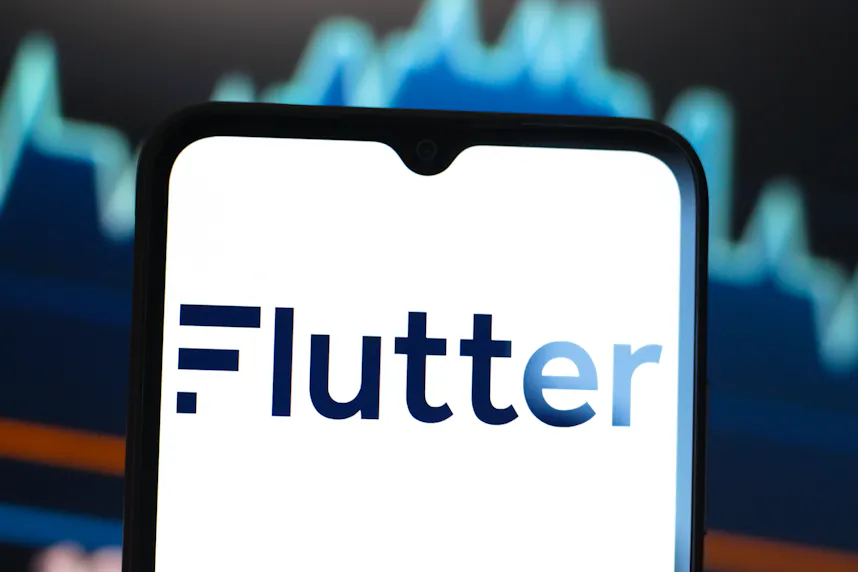Flutter Explores Peer-To-Peer and Predictive Markets in US Expansion

Last Updated: October 14, 2025 1:49 PM EDT • 2 minute read X Social Google News Link


Flutter Entertainment, the parent company of FanDuel, is eyeing opportunities in peer-to-peer and prediction market products as part of its next stage of US growth, CEO Peter Jackson said during the Global Gaming Expo (G2E) in Las Vegas last week.
Jackson highlighted the company's two decades of experience operating the Betfair Exchange as a strong foundation for entering emerging event-based trading markets in the US. He said the peer-to-peer model aligns closely with the mechanics of prediction markets, now gaining traction in the country.
Flutter partnered with CME Group, the world's largest derivatives exchange, earlier this year to develop event-driven market products. Jackson said the collaboration would merge CME's institutional trading expertise with Flutter's consumer-facing experience. He added that CME's interest in expanding its retail reach complements Flutter's large and active customer base.
According to Jackson, the partnership represents a "very exciting opportunity" to bridge the gap between financial trading and consumer entertainment products in the US. Flutter intends to make these offerings available to American users "soon."
Jackson concluded that Flutter's market position, partnerships, and US brand presence leave it "well placed" to compete in the evolving space. Flutter moved its primary stock listing to New York in May 2024 and has seen its share price rise 5.27% over the past year to $242.18.
Betfair faces UK appeal
The UK Court of Appeal is reviewing a case that could redefine how gambling companies must safeguard players showing potential signs of addiction. Leeds-based investor Lee Gibson is attempting to recover £1.5 million ($2 million) in betting losses from Betfair, alleging the operator failed to intervene despite clear indicators of harmful gambling behavior.
Gibson reportedly wagered on more than 30,000 football events over ten years before his account was closed in 2019. At the time, he received VIP treatment through the Betfair VIP scheme, which included event invitations and loyalty rewards. His lawyers contend that the activities bribed people to keep gambling with sufficient affordability tests.
Earlier High Court decisions in 2024 rejected his claim, ruling that Betfair could not have recognized his gambling problem because of his misrepresentation of his finances. The present appeal seeks to determine whether gambling operators owe a more extensive legal duty of care beyond the terms of their licenses.
Representing Gibson, barrister Yash Kulkarni KC said the company's relationship with its VIP clients carried an implied responsibility to prevent harmful losses. Betfair's defense maintains that all compliance procedures were followed and that there was no awareness of any gambling disorder.
The case coincides with growing global attention on operator accountability. In Brazil, 43 licensed betting firms are currently facing collective litigation regarding consumer protection failures. A ruling for Gibson could set a transformative precedent in the UK, potentially requiring companies to act more decisively when identifying and managing at-risk customers.

Ziv Chen X social






